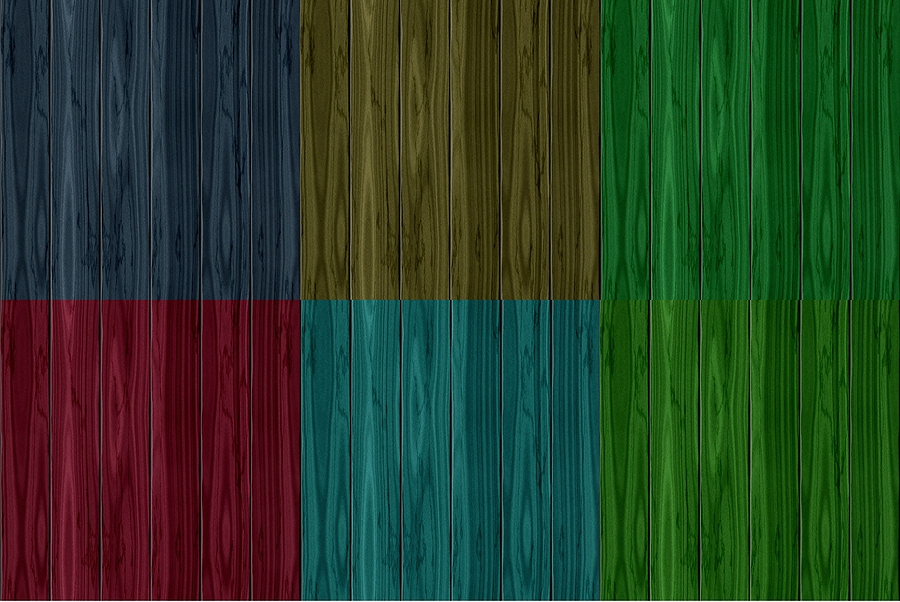Flooring Options for Rental Properties – Oct 2020
By Lisa Hamielec & Dave Bee, Citysearch Rental Network Inc.
This article discusses flooring options for rental properties. There are several options to consider, however the following provides some pros, cons and considerations using the best that technology has to offer for the key areas in a home: kitchen and bathrooms, and living and bedrooms. With innovations and new materials with advanced technology, options have expanded and therefore there are more choices today than ever. For rental properties, most investors focus on a balance considering cost, maintenance, aesthetics and durability or expected life.
Living Room & Bedrooms
Carpet – The cost of carpet can vary widely as there are numerous options in terms of materials and design. Carpet with nylon or a yarn twist is a good high wearing option for a rental property.
Pros: Easy to install and one of the most affordable options for flooring in a rental property. Carpet is typically soft, warm and welcoming. Carpet has under padding which dampens sound which a great option especially in multi-unit properties with common and shared wall, ceilings/floors.
Cons: Carpet needs to be cleaned frequently by a professional service. Also, it wears out faster than other flooring options and may not be the best choice for high traffic areas. Because it has a propensity to absorb moisture, it is not suggested for bathrooms and kitchens. Carpet also harbor allergens, dust and pests. Tears, stains, and burns are not easily repaired. Extra carpet or remnants can be used to mask a stain or tear. Fixing the stain or tear should be assessed on a case by case basis.
Luxury Vinyl Tile (LVT) - This is an extremely popular tile for rental properties.
Pros: Vinyl is durable and easy to install. Some landlords prefer the glue down style however more commonly we see the click LVT similar to tongue and groove, that acts as a floating floor above your subfloor. This is popular in kitchens and bathrooms as it won’t allow water to penetrate and is durable.
Cons: This is a harder surface so noise will carry further as compared to carpet.
Vinyl
Pros: Extremely popular, affordable and resilient. Vinyl is versatile and moisture resistant, making it ideal for bathrooms, laundry areas and kitchens. It is generally moisture resistant and easy to clean with standard products and procedures. Vinyl is softer to walk on as compared to tile, stone and wood, and absorbs noise better than the other materials. Vinyl also comes in a wide range of colors and patterns, from faux ceramic tile to imitation stone and wood. Sheet vinyl, solid vinyl tile and luxury vinyl tile are all options.
Cons: Vinyl can be gouged or ripped by sharp objects. Nicks, rips and cuts can’t really be repaired in sheet vinyl, while vinyl tile fares better by replacing an individual tile. Because it is relatively inexpensive, it is often used however other options are more aesthetically pleasing.
Tile
Pros: Durable and long-lasting, tile is a good option for kitchens and bathrooms. Tile is waterproof, easy to clean and does not harbor germs. Ceramic tile is impervious to scratches and holds up well for high traffic areas. There are lots of varieties in terms of size, materials and colors.
Cons: Tile is hard, so it’s not as comfortable to stand or walk on. Also, many people dislike the cold feeling underfoot. Tile is also one of the more costly flooring options. Unlike most other flooring options, tile has no sound-absorbing properties. While waterproof, tiles may become slippery when wet. Tile can also crack when subject to sharp object or if the subfloor is not level.
Hardwood
Pros: Hardwood flooring is a common choice. Hardwood flooring is softer than ceramic tile and stone, making it more comfortable to the feel. It is relatively easy to clean and brings a classic look into any home. There is a wide range of styles, wood types, plank sizes to choose from. Real hardwood can be refinished to extend the overall life.
Cons: Hardwood flooring can be expensive; however, should have a useful life of more than ten years. Some woods are softer than others which may be a consideration when choosing the best option.
Laminate
Pros: Laminate is relatively affordable and has the look of tile, stone or wood. Because of the way it is manufactured, laminate is durable and is mostly impervious to scratches, scrapes, and dents. Installation is a fairly simple process. Laminate’s easy care makes it a common choice for residential flooring in many applications throughout a home.
Cons: Laminate is not as moisture resistant as other flooring options. There is a range in quality on the market. Many people find it hard underfoot and it can be slippery when damp. Laminate flooring is installed using a “floating” style system which means it is not attached to the flooring below and has been known to ‘pop’ or buckle, or have a hollower sound when walking on. Also, this type of flooring for a rental property, while long-lasting, is not as durable as stone or hardwood.
Engineered Hardwood
Pros: Unlike laminate, engineered hardwood flooring is created with a real wood veneer. This solid layer of wood appears similar to real hardwood flooring. Engineered hardwood also has fewer acoustic challenges than other options discussed above in that it absorbs noise. It is durable and is easy to clean.
Cons: Engineered hardwood systems are more costly than laminate flooring and are subject to being easily scratched and discolored when in contact with UV rays. Engineered hardwood flooring cannot be sealed and sanded like hardwood flooring, but some brands can be lightly treated for minor scratches this way. Manufactures’ cleaning suggestions should be used to maintain the color and integrity.




